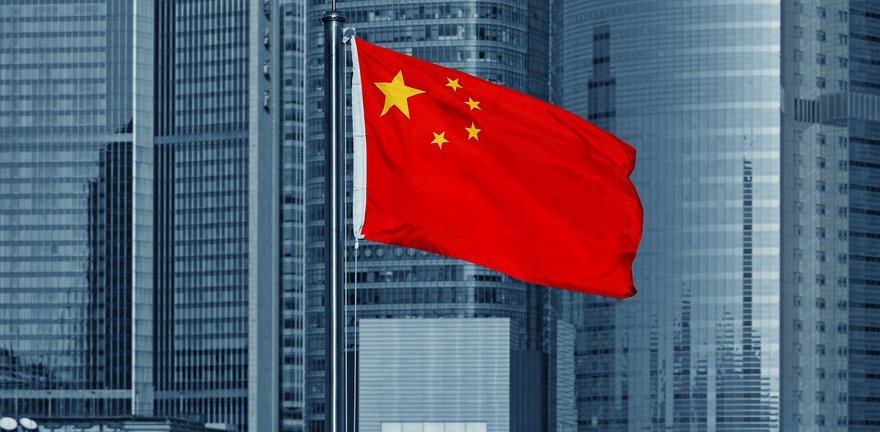Editors note: another case of dangerous pharmaceutical drugs coming in from China. Most active pharmaceutical ingredients come from China, having moved out of the USA.
China’s Zhejiang Huahai Pharmaceutical for years enjoyed the upside of the U.S. pharmaceutical market, selling its valsartan API to drugmakers producing blood pressure meds for the market. Now it is seeing the downside, having its products banned by the FDA and facing litigation over the discovery of a suspected carcinogen in its API.
[ Eric Palmer | Oct 9, 2018 | Fierce Pharma ]
The Chinese company disclosed (PDF) to the Shanghai Stock Exchange that it has been named in multiple lawsuits, according to a translated copy of the filing. The disclosure says Huahai has been named in lawsuits in Missouri, New Jersey, Illinois and New York with allegations including gross negligence, fraudulent concealment, breach of contract and unjust enrichment.
The FDA on Friday said it has put Huahai on its import alert list, banning its products from the U.S. The company, whose APIs are in about half of the valsartan blood pressure medicines sold in the U.S., last summer instigated a global recall of its products.
Huahai ran into trouble with the FDA and European regulators after it was discovered that the impurity N-nitrosodimethylamine (NDMA), a suspected cancer causing agent, had been showing up in its API, the result of a manufacturing change the drugmaker made years ago. While the levels of NDMA in Huahai’s valsartan API were trace amounts, they were considered unacceptable, the FDA has said. Further testing has also found N-Nitrosodiethylamine (NDEA), another suspected carcinogen, in the API.
In a Form 483 issued to the drugmaker in August, the FDA berated the company’s management for making the process changes without thoroughly testing them. It also documents that the changes in producing the API were made in 2011, much earlier than originally suggested.
The litigation has sprung from these developments. The company in its filing to the stock exchange said “There is still uncertainty in the outcome of the litigation, and the company is still unable to accurately determine the impact on the current profit and the profit after the period.”
Its shares on Monday fell more than 10% after it disclosed the FDA last week banned its products from the U.S.












